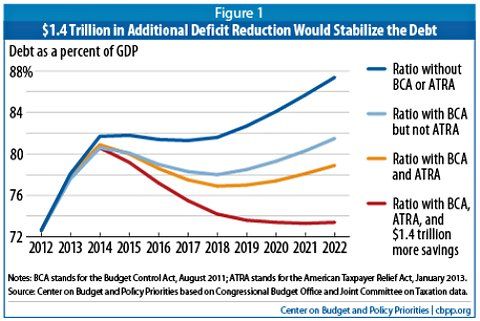 Computer programmer, writer, archivist, political organizer, and Internet activist, but most of all son, brother and friend, Aaron Swartz tragically took his own life last week. One of the many achievements of Aaron’s too short life was to win a battle in the war for Internet Freedom, he helped lead the fight to Stop SOPA. SOPA was the Stop Online Piracy Act bill that sought to monitor the Internet for copyright violations and would have made it easier for the U.S. government to shut down websites accused of violating copyright.
Computer programmer, writer, archivist, political organizer, and Internet activist, but most of all son, brother and friend, Aaron Swartz tragically took his own life last week. One of the many achievements of Aaron’s too short life was to win a battle in the war for Internet Freedom, he helped lead the fight to Stop SOPA. SOPA was the Stop Online Piracy Act bill that sought to monitor the Internet for copyright violations and would have made it easier for the U.S. government to shut down websites accused of violating copyright.
This was Aaron’s address at F2C:Freedom to Connect 2012, Washington DC on May 21 2012.
Now we have a battle to fight in Aaron’s name to reform the law that overzealous federal prosecutors used against him, the Computer Fraud and Abuse Act. Marcia Hoffman, senior staff attorney for Electronic Freedom Foundation, lays out the case for fixing this draconian law:
Problem 1: Hacking laws are too broad, and too vague
Among other things, the CFAA makes it illegal to gain access to protected computers “without authorization” or in a manner that “exceeds authorized access.” Unfortunately, the law doesn’t clearly explain what a lack of “authorization” actually means. Creative prosecutors have taken advantage of this confusion to craft criminal charges that aren’t really about hacking a computer but instead target other behavior the prosecutors don’t like. [..]
Problem 2: Hacking laws have far too heavy-handed penalties
The penalty scheme for CFAA violations is harsh and disproportionate to the magnitude of offenses. Even first-time offenses for accessing a protected computer “without authorization” can be punishable by up to five years in prison each (ten years for repeat offenses) plus fines. It’s worth nothing that five years is a relatively light maximum penalty by CFAA standards; violations of other parts of that law are punishable by up to ten years, 20 years, and even life in prison. [..]
The Upshot
The CFAA’s vague language, broad reach, and harsh punishments combine to create a powerful weapon for overeager prosecutors to unleash on people they don’t like. Aaron was facing the possibility of decades in prison for accessing the MIT network and downloading academic papers as part of his activism work for open access to knowledge. No prosecutor should have tools to threaten to end someone’s freedom for such actions, but the CFAA helped to make that fate a realistic fear for Aaron.
In Aaron’s name please call on Congress and the White House to change this law.
Click here to send your message to your congressional representatives.
Please sign the Petition to President Barack Obama to Reform the Computer Fraud and Abuse Act to reflect the realities of computing and networks in 2013.
Do this not just in Aaron’s name but mine, yours and everyone who uses the internet.



Recent Comments